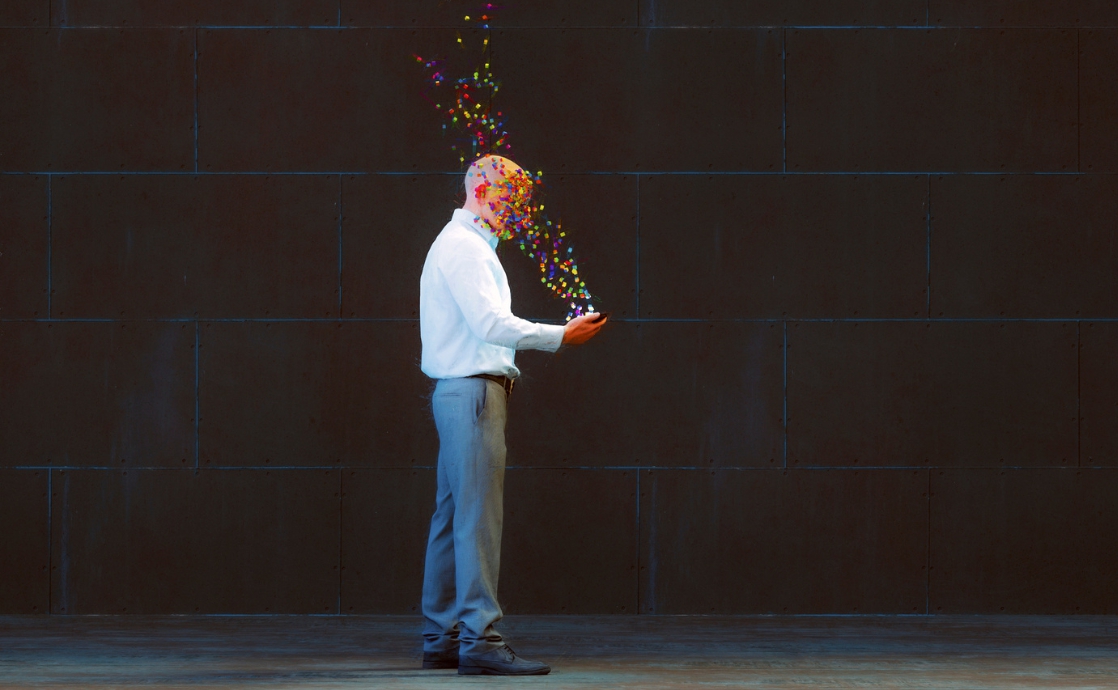The views expressed in our content reflect individual perspectives and do not represent the authoritative views of the Baha'i Faith.
If you’ve taken any trips lately, you’ve faced the two travel-related challenges we all have to deal with: packing and disconnecting.
Packing always challenges me, but it’s one task I readily embrace. I like finding ways to mix and match layers, seeing how little I can take. Deciding what shoes to pack can be difficult, and since I like hard copy books more than e-books, I add at least a few paperbacks to my bag. I usually pack a few gifts for friends, and then as my husband and I give them away we add space for items purchased as we travel.
RELATED: Using Tech for the Higher Purposes of Humanity
Before I finish packing, I always consider one more question: What am I going to do about email, the phone, and other such items? On this trip, am I willing to disconnect for a while?
When and how to disconnect have become big questions in our times. While I’m generally eager to do so, sometimes it seems I’m the only one. Last week I sat behind two teens during an action-filled, suspenseful movie. Their phones lit up every few minutes as one or the other of them checked messages or texted. At the gym last week, I saw a guy lift weights for maybe a minute, fiddle with his phone for much longer, and so on as the hour passed.
Lots of people fear electronic disconnection, and I have recently learned that experts even have a name for it: nomophobia.
The universal impact of our omni-connectedness has become a major news item. Studies have shown that in many nations the average person spends three hours a day on their smart phone or other device.
Through brain scans and other diagnostic tools, we’ve begun to learn about the downside of over-attachment to technology. I am alarmed by the potential erosion of social skills, forming of addictions, and even rewiring of brains. Based on what we now know about being over-connected, the research raises both health and lifestyle questions. How available do I want to be? How immediate is my need to know about my family and friends? Do I need to be informed about local news as it happens, or is a daily update enough?
Can I tune in to world news less often, or even just catch up when I return home? Do I have to feel connected at every moment, or can I occasionally unplug?
While I can choose to temporarily remove myself from my phone or email, I am wondering about how else I’m connected, aside from the technology that enables some of it. The larger concept of connectedness has its parallel in other elements of life, and these are connections I want to keep and even nurture.
On a personal level, I am connected to my family and friends. I especially cherish the role we have in each other’s life stories. My cousins are a great example, as we have shared both silly and great moments ever since we were little kids.
On a larger level, I am connected to my community. My actions affect my neighbors, and my local government affects me. The degree to which I actively participate is one indicator of my commitment to it, and at the very least I can be informed about what is occurring.
On a grander scale, I am connected to all living things. My actions show my respect for the environment as well as concern for the well-being of others. How I spend my time and my resources is a reflection of my priorities. I do believe that in my own, albeit small, way I can help to strengthen bonds and influence the future.
RELATED: Tech Brings Us Closer, but Only Love Can Unite Us
On a nonphysical level, I am connected to my Creator. This quotation from the writings of Baha’u’llah, in its full context referring to the founders of other Faiths as well as the Baha’i Faith, helps to explain this profound connection:
Every one of them is the Way of God that connecteth this world with the realms above, and the Standard of His Truth unto every one in the kingdoms of earth and heaven. They are the Manifestations of God amidst men, the evidences of His Truth, and the signs of His glory.
If we think of religion as an organized, collective approach toward understanding and honoring this primal connection, then we see that its intention and purpose is to promote unity, not animosity or divisiveness. In his book Some Answered Questions, Abdu’l-Baha said:
Religion, then, consists in the necessary relationships deriving from the reality of things. The universal Manifestations of God, being aware of the mysteries of creation, are fully informed of these necessary relationships and establish them as the religion of God.
The next time I pack, I can decide how much I want to connect or disconnect for that trip. But the one thing that always goes with me is my connection with my own higher, spiritual nature — which requires neither luggage space nor a charger.
















Comments
Sign in or create an account
Continue with Googleor